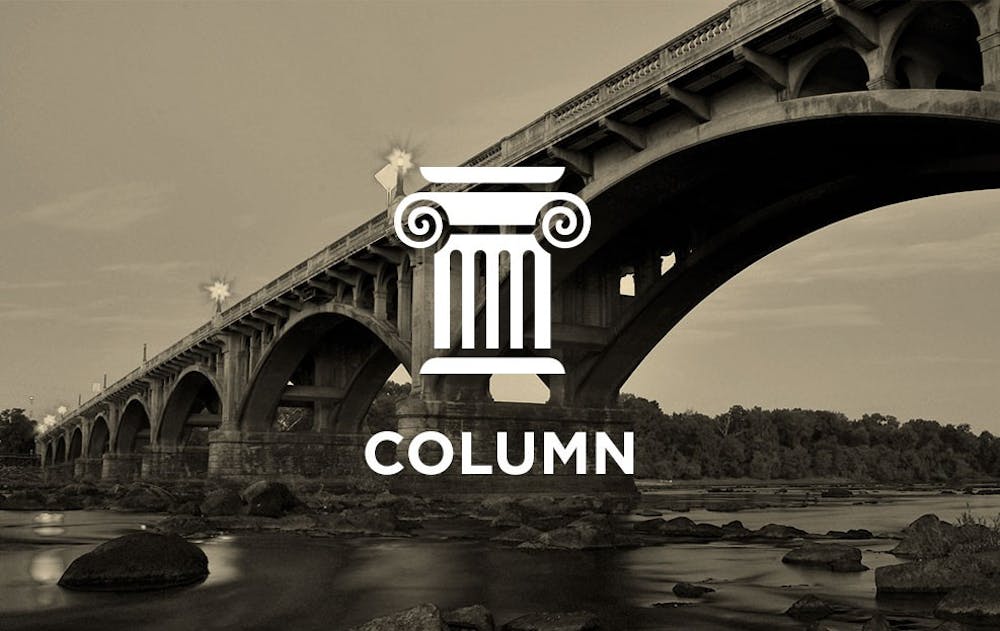Since 9/11, our nation has been hyper-vigilant about our national security, and understandably so. We signed anti-terror legislation into law in a burst of protective patriotism, and for many years failed to consider the consequences.
Then Edward Snowden, in 2013, catapulted the issue of privacy back into the equation. We began to debate the USA Patriot Act, which had been swiftly and decisively passed and then renewed each year without thought. Our presidential candidates now bicker about, among other things, who truly stands on the side of the people: A man who respects the nation's privacy or one who defends it from attack.
Most recently, of course, Apple has found itself entangled in this very same struggle with the FBI over the contents of the iPhone of Syed Farook, one of the San Bernadino shooters. The nation is debating again: Donald Trump wants us to boycott Apple, while the CEO of Google has weighed in on Apple's side.
So, who's in the right here? When Apple is protecting my privacy by refusing to set the precedent of allowing the FBI a way around the keycode securing Farook's iPhone, and the FBI is trying to protect me against terrorist attacks, who truly has my best interests at heart?
Apple, although an unlikely champion, is, in this case, actually the one looking out for the little guy. The truth is that the power of the federal government to invade our privacy is much vaster than I'd like it to be, even with the passage of the USA Freedom Act, which revised the powers given to the government under the USA Patriot Act. Millions of Americans are giving up some of our privacy for security.
Farook, even if we don't want to admit it, was an American. This gives him rights, just like all the rest of us, like the right to privacy. Committing a crime, even one as viscerally repulsive as a mass shooting or a terrorist act, should not remove those rights from him. Moreover, if the FBI wins this fight, his lack of rights is our lack of rights. As Tim Cook, Apple's CEO, has pointed out, the government has said that this technology might only be used once, but he and I both question whether we can trust them on that front.
45 million Americans own iPhones, myself among them. Now, I may have nothing to hide, and therefore nothing to fear, but that doesn't make me want to give up my personal information, photographs and conversations with loved ones. I bet most of those 45 million other iPhone users agree.
If we don't trust the government with our metadata, why should we trust them with some of the most private moments in our lives?
A key into a murderous terrorist's phone is a key into my phone, or to yours, and even if the battle is a losing one and Apple a somewhat hypocritical defender of the people, I appreciate that they are willing to fight to keep their users' information private.

